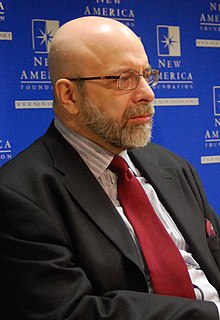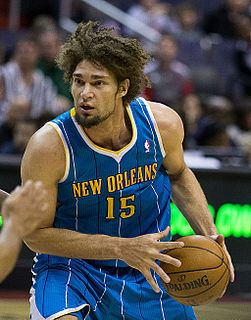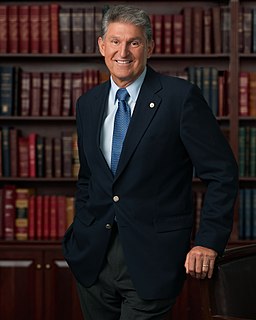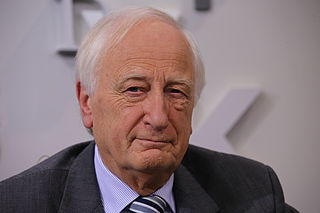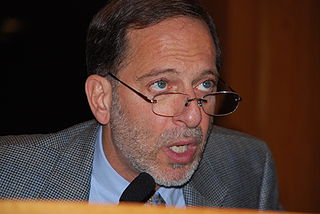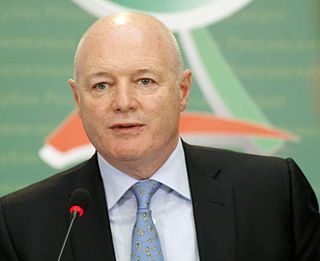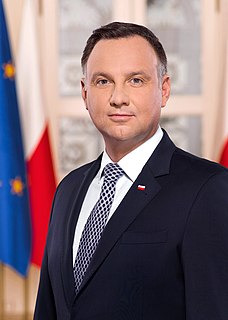A Quote by Martin Jacques
The starting point for understanding the deterioration in the relationship between the U.S. and Russia lies in Washington rather than Moscow. After 1989, Russia was a defeated power. Despite the fine words and some limited gestures, the Americans have treated it like one. Their policy has been one of encirclement.
Related Quotes
Although Perm is one of the biggest cities in Russia it felt like a different kind of Russia. In Moscow, you have the Kremlin, St. Basil's, a lot of Soviet iconography everywhere. In Perm, it was a different side of Russia. A little more folksy. If Moscow is an iron statue of an eagle, Perm is a matryoshka nesting doll.
A wonderful man came to my office a week ago. A very highly respected man and he sat down and he said, "You know it's been very unfair. From the day you have been president you've been under this little veil of Russia, Russia, Russia." And with all of this being said, I want to say this, I think it would be great if we got along with Russia. I don't think there's anything wrong with - they are a power, they're a nuclear power. I think we could have a good relationship. I think that North Korean situation would be easier settled.
I think most of the Washington foreign policy establishment exists in a fantasy world when it comes to Syria. They fundamentally don't understand that Russia and Iran, from the beginning, had much more at stake in Syria than the United States did. Russia and Iran were going to do everything possible in order to keep Bashar al-Assad in power.
I don't look at Putin as a friend. I don't look at Russia. And I am very skeptical of what they're doing, their intentions. There are a lot of good people in Russia that don't have any say whatsoever. And they're starting to basically express their frustration, and starting marching, and hopefully getting their point across. So we've got to make sure that we put the hurt on the oligarchs, all the money, the way the money flows through Russia, and the people that benefit by it.
In Ukraine, there has never been a consensus behind NATO membership. Even Yulia Tymoshenko was noncommittal when she was still prime minister. Georgia under President Mikhail Saakashvili pursued a rather aggressive stance, which stood in the way of its NATO membership. Given both states' unique relationships with Russia, concerns were justified that NATO membership would trigger Russia's reasonable fears of encirclement.
I think it was going to be hard to work with Russians on Syria. There is some potential overlap between the U.S. and Russia in that the Russians don't want to see the Syria situation unravel to a point where they have to escalate their own involvement. But at the moment, I don't see the U.S. and Russia on the same page in Syria. Russia seems much more interested in consolidating government control over liberated areas. It seems to me that the U.S. and Russia are proving they can disagree for independent reasons in any number of theaters.
The Russians are going to be expansionist whether we [USA] provoke them to it or not. Russians keep saying that we're trying to encircle them. In what sense does the independence of Kosovo, a land-locked province, former Yugoslavia, with no common border with Russia, threaten Russia with encirclement? This is insulting. In what sense does the independence of Georgia constitute an encirclement? What we are facing, and we may as well give it its right name, is what I called it earlier, a chauvinistic, theocratic in part, xenophobic Russian imperialism.
The attitude of the West and of Russia towards a crisis like Ukraine is diametrically different. The West is trying to establish the legality of any established border. For Russia, Ukraine is part of the Russian patrimony. A Russian state was created around Kiev about 1,200 years ago. Ukraine itself has been part of Russia for 500 years, and I would say most Russians consider it part of Russian patrimony. The ideal solution would be to have a Ukraine like Finland or Austria that can be a bridge between these two rather than an outpost.
If anything good is going to emerge out of this, it's going to be the result of an acceptable modus vivendi between Ukraine and Russia. The two of them will have to get together at some point. It is going to be a result that many people in the West will not like, because Russia, as the bigger power, is going to get the better of the deal. So, a lot of people will say, that's appeasement. That's this - that - it's reality.
We do not agree with policies that would lead to attempts at easing sanctions or lifting them and returning to business as usual with Russia. We believe that such behaviour will only embolden the aggressive behavior of Russia, as the last 12 years have shown, starting with Russia's attack on Georgia in 2008.

